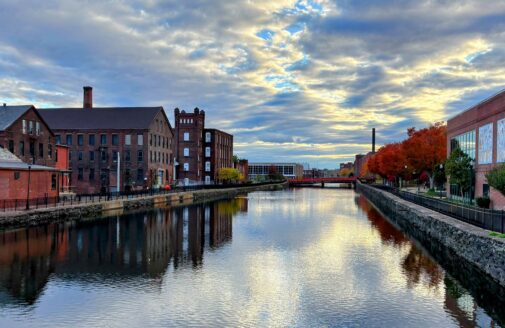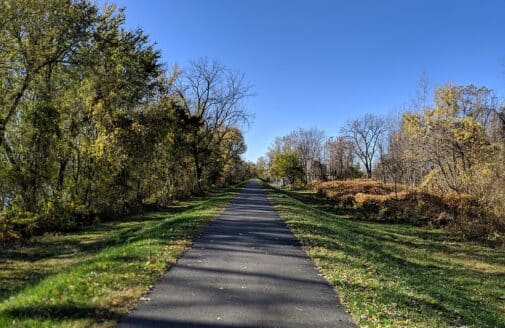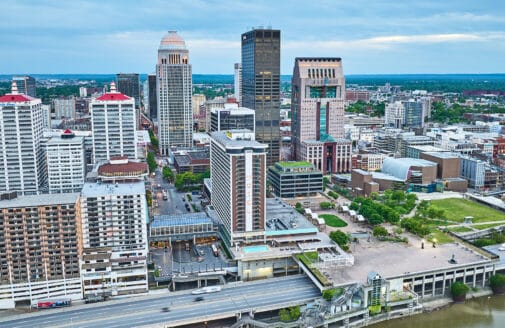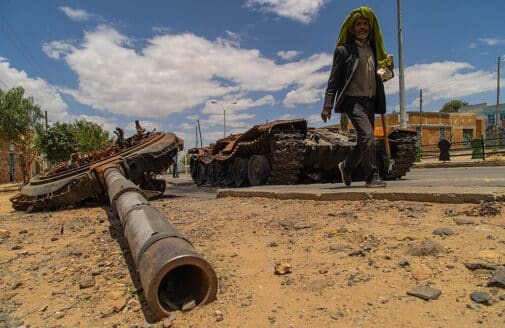Are climate extremes worsening faster than expected?
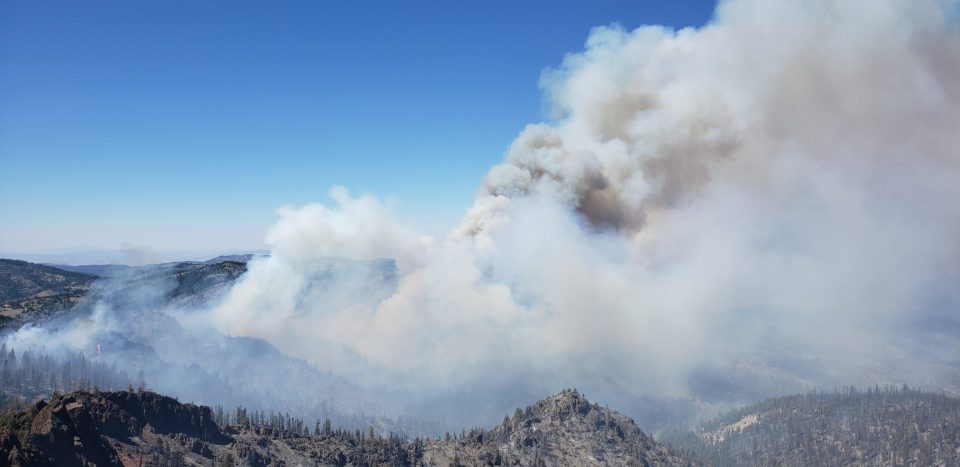
Above: Beckwourth Complex fire, northern California.
photo by Margo Dunson
Over the past month, hundreds of lives have been lost in climate-change-fueled extreme weather events, including record-setting extreme heat in the western US and Canada, and disastrous flooding in Germany. The Atlantic hurricane season is off to an early start, the Midwest has been inundated by unprecedented flash flooding, and now, multiple large wildfires are burning in Oregon and California. Total area burned in the western US is well ahead of this time last year, which as you know smashed all previous records.
While disparate in their impacts, all of these events are clearly linked to climate change, and people are hungry to understand that connection. In recent weeks, Woodwell Climate scientists have been quoted in widely syndicated AP explainers, Axios’ daily Generate newsletter, New York Times, Daily Beast, and more. Dr. Jen Francis wrote an invited op-ed for The Hill, and I was a guest on Cheddar News network (below).
What many reporters have been asking is: did we know it would be this bad? The answer is no. These are all types of events that we know to be more common and more severe as a result of climate change. In that sense they are not surprising. The magnitudes of many of these events, however, have been far greater than anything previously measured in the affected locations during the era of modern record-keeping.
This raises the possibility that climate extremes are worsening faster than expected, perhaps due to some unrecognized or poorly-modeled physical mechanisms. Dr. Jen Francis’ own work on disproportionate Arctic warming and its effects on the jet stream points to one candidate, but that science is still unfolding. Alternatively, it is possible that these extraordinary events are simply a series of highly unlikely occurrences. What we do know without doubt is that these types of extreme events have worsened as a result of climate change, and will continue to worsen as long as humans keep adding greenhouse gases to the atmosphere.
The real question is: what do we do with this knowledge? From the perspective of climate policy, any faster-than-expected worsening of extreme weather events would only reinforce the message that current actions are not commensurate with the threat we face. We already know what we need to do: initiate rapid decarbonization, remove CO2 from the atmosphere, and improve resilience to extreme events. Woodwell Climate is working with partners including social justice organizations, under-resourced towns, and a large investment firm to do these things. The severity of recent weather-related events only underscores the urgency such work.
That often prompts another question: what can I do? Addressing the climate crisis requires systemic transformation, and that can feel overwhelming. But we can each curtail our own carbon footprints, learn more, share what we know with peers and decision-makers, and support the valuable work of others. This is, in fact, the essence of what we do at Woodwell Climate Research Center.
Thank you, as always, for supporting and amplifying our efforts.




